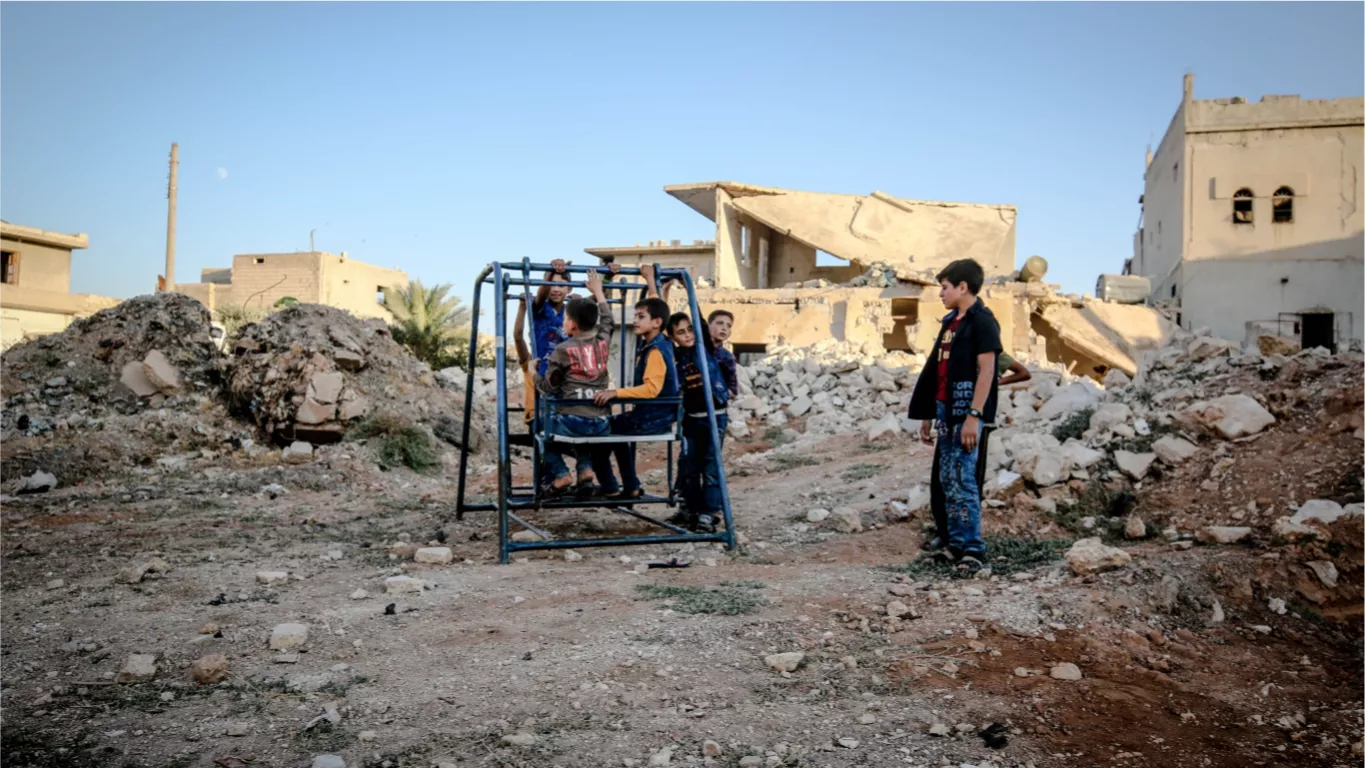Zakat as a method of community care


Every Friday right after Jummah prayer, I remember watching my mom dutifully slip a roll of bills into the white “ZAKAT” box on the wall. “It’s for those who need help,” she would always remind me as she caught my curious gaze.
As a concept, zakat made sense to me as a child. Those who had needed to give to those who didn’t. It was just like how our teachers encouraged us to share our resources inside our classrooms in elementary school.
It seemed like yet another way that Islam encouraged community care. As I’ve grown older, I realize just how much of a necessity this is. In my time as a student, I’ve seen just how many of my community members went without food or basic necessities for the simple reason that they couldn’t make ends meet that month. It broke my heart to see this level of unmet need in the community that I cared for so much.
I worried that referring them to possible sources of aid might make it look like I was looking down upon them, pitying them even. That couldn’t be further from the truth.
Even though I was someone without my own means of income, in these moments of conflict, I looked to the Islamic teachings surrounding zakat and sadaqa. The humility and modesty that was associated with the act of giving and receiving helped me see how to go about having these conversations in a way that made my community members feel included and cared for, not ostracized for their state.
The ideas surrounding zakat in Islam have encouraged me and my friends to redefine how we understand community care as a whole. Whether it be through volunteering your time to make lunches for those in need or providing monetary funds for those in need, zakat allows us to reconnect and engage with our community in a way that allows us all to thrive, regardless of whether or not you’re someone who can give or someone who needs help.
At its core, zakat allows us to cultivate and build our communities, however people may need.
Check out our most popular blogs and resources.